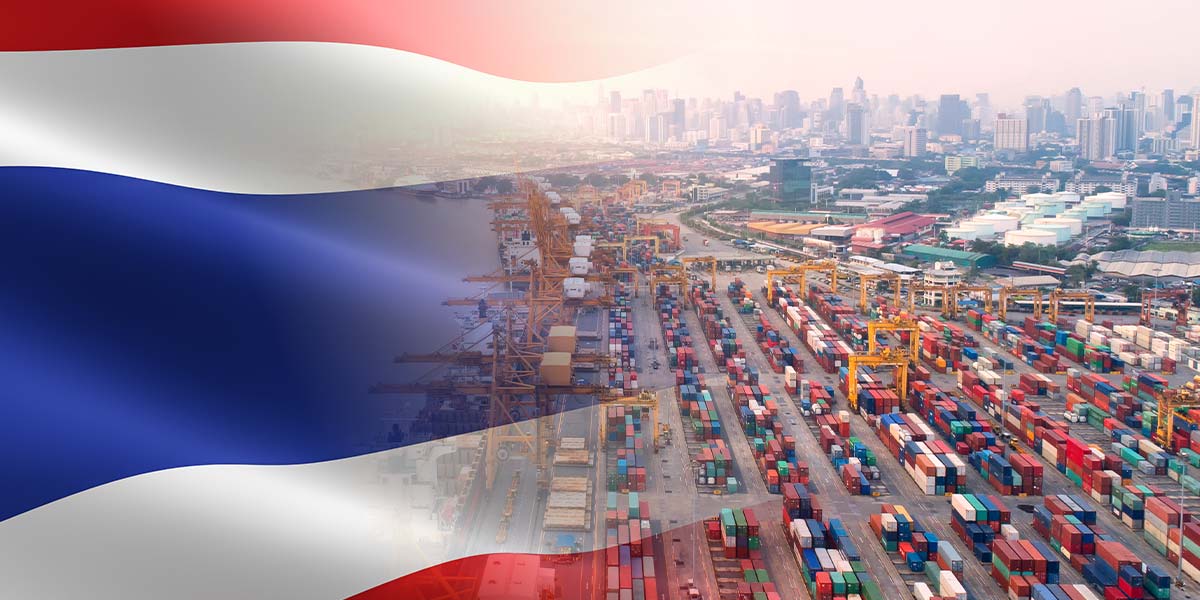As per Finance Minister Pichai Chunhavajira, Thailand is considering expanding zero-tariff market access for additional American products in an effort to persuade the U.S. to reconsider a proposed 36% tariff on Thai exports.
Building on earlier tariff reductions for imports such as longan and tilapia fish from other trading partners, the Thai government may extend similar zero-duty privileges to the U.S. for these goods.
Possible regulatory changes could also allow imports of left-hand drive vehicles from the U.S., while eliminating duties on products already covered by free-trade agreements elsewhere.
The minister noted that ongoing discussions have centered on the U.S. administration’s push for “ambitious proposals”. The aim for Southeast Asia’s second-largest economy is to reach a compromise before the August 1 deadline established by President Donald Trump.
Thai authorities are optimistic about striking a deal, having already pledged to scrap import taxes on 90% of American goods and to remove certain non-tariff barriers. The country has further offered increased purchases of U.S. agricultural and energy products to help reduce its sizable trade surplus, which totaled US$46 billion last year.
The U.S. remains Thailand’s largest export market, making up roughly 18% of all outbound shipments in 2024. The possibility of imminent tariffs has spurred a 15% increase in Thai exports in the first five months of 2025 as companies rush to fulfill orders before higher duties take effect.
Furthermore, U.S. negotiators are also seeking commitments from Thailand that go beyond conventional trade issues, extending into the realm of geopolitics.
Pichai has cautioned that accepting some of these conditions could trigger domestic backlash, emphasizing that any agreement must balance the interests of both nations and be sustainable for Thailand’s long-term development.
Regarding American demands tied to local content rules, the minister believes these will have limited impact, given that most of the country’s exports rely on established industries.
The U.S. has recently threatened higher tariffs against countries suspected of rerouting Chinese-made goods to sidestep the trade conflict, with new tariff rates already implemented in deals with other nations such as Vietnam.
Thailand is now among several countries seeking to avoid harsh U.S. trade penalties, racing to conclude negotiations before the deadline. A failure to secure reduced tariffs could significantly hinder Thai exports and reduce national economic growth by as much as one percentage point.
Additionally, Thailand risks losing as much as 200 billion baht (about US$6.14 billion) in export earnings this year should the United States proceed with its planned tariffs of 25% to 36% on Thai products, according to projections from the University of the Thai Chamber of Commerce (UTCC).





